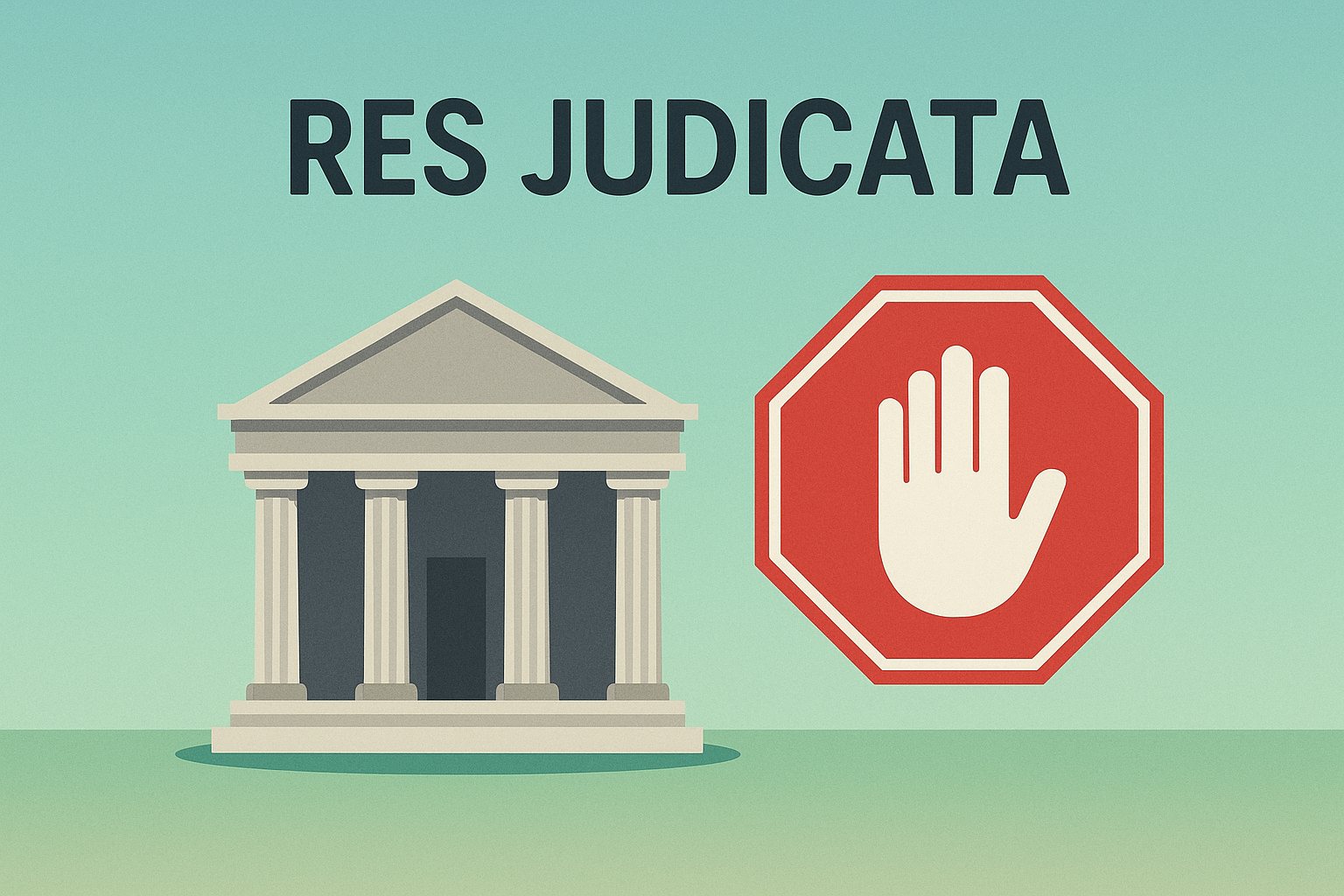The doctrine of res judicata is one of the most enduring and foundational principles of civil jurisprudence. Derived from the Latin maxim “res judicata pro veritate accipitur” meaning “a matter adjudged is taken to be true,” it bars the re-litigation of issues that have already been conclusively decided between the same parties. Codified in Section 11 of the Code of Civil Procedure, 1908 (CPC), res judicata serves the dual purposes of judicial economy and certainty in litigation. This article provides a comprehensive analysis of the doctrine, its scope, statutory basis, essential ingredients, constitutional implications, and key judicial pronouncements.
Section 11 of the CPC provides:
“No Court shall try any suit or issue in which the matter directly and substantially in issue has been directly and substantially in issue in a former suit between the same parties… and has been heard and finally decided by such Court.”
This provision essentially precludes:
– Re-litigation of the same issue
– Between the same parties
– Where the matter has been adjudicated by a competent court
It applies to both suits and issues, and its scope extends beyond mere identity of cause of action—it encompasses the finality of adjudication itself.

